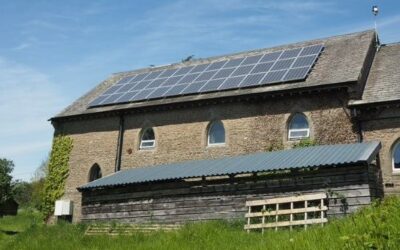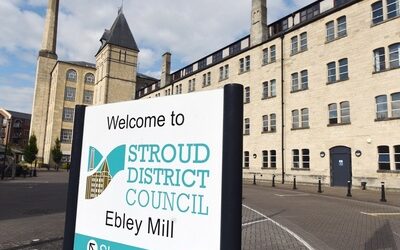Innovation Spotlight
Environmental theme
Cambridge City Council: Electric vehicle transition – decarbonising transport
The project
The council is delivering a number of projects which will increase access to, and use of, electric vehicles (EVs) including:
Purchasing Ultra Low Emission Vehicles (ULEVs) when replacing the council’s fleet to deliver a fully electric fleet by 2028. It is planning an environmentally sustainable operational hub with EV charging infrastructure.
The Greater Cambridge Shared Waste Service decarbonising its fleet of refuse collection vehicles (RCVs) by 2030. They will be recharged using ground mounted solar panels.
A new licensing policy requiring all taxis to be ULEVs or zero emissions vehicles by 2028. Twenty-one EV charging points for taxis have also been installed.
Working with partners on an on-street residential pilot to install 42 charge points in two residential areas in Cambridge.
Working in partnership with Connected Kerb to provide a network of approximately 800 charging points across the council’s car parks. The project involves an innovative financing and contractual model, with the provider committing to provide a set number of charge points at no costs to the council, and the income generated from the charge points being split between the provider and the council once it reaches a threshold value. No capital funding or operational expenditure is needed
Giving staff and residents access to 35 low-emission hybrid vehicles through the council’s Car Club.
The benefits
The council currently has 12 100% electric council vans and has made a commitment to having a fully electric fleet by 2028.
Greater Cambridge Shared Waste Service was one of the first in the country to invest in electric refuse collection vehicles (eRCVs). It will soon operate three, increasing to 20.
The council was one of the first to introduce a licencing policy to encourage taxis to transition to EVs and the 2028 target date is amongst the earliest set by a local authority. To date, 56 zero emissions and 23 ULEV taxis have been licensed.
The pilot on-street charging project has identified new learning regarding how to overcome technical barriers to provision in dense urban areas.
The total number of charge points expected to be installed from all the schemes is 883. Investment, totalling over £18m, has been made by public and private organisations.
Ownership of ULEVs has been increasing in Cambridge, with 887 licenced ULEVs as of June 2022 – an increase of 665 since three years previously.
Emissions from transport in the city have reduced from 116.7 kt CO2e in 2012 to 91.5 kt CO2e in 2020. Through the reduction of carbon emissions and air pollution in the city and associated improvement in air quality, residents and visitors’ health and wellbeing will be improved.






